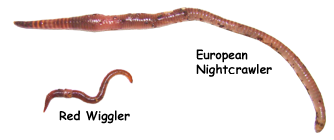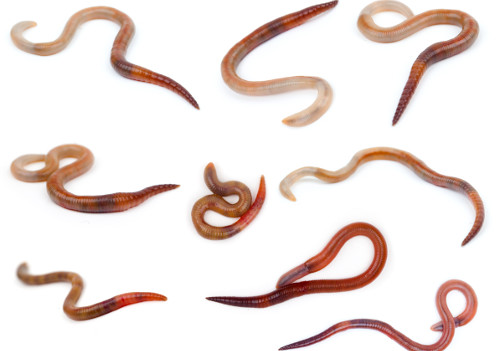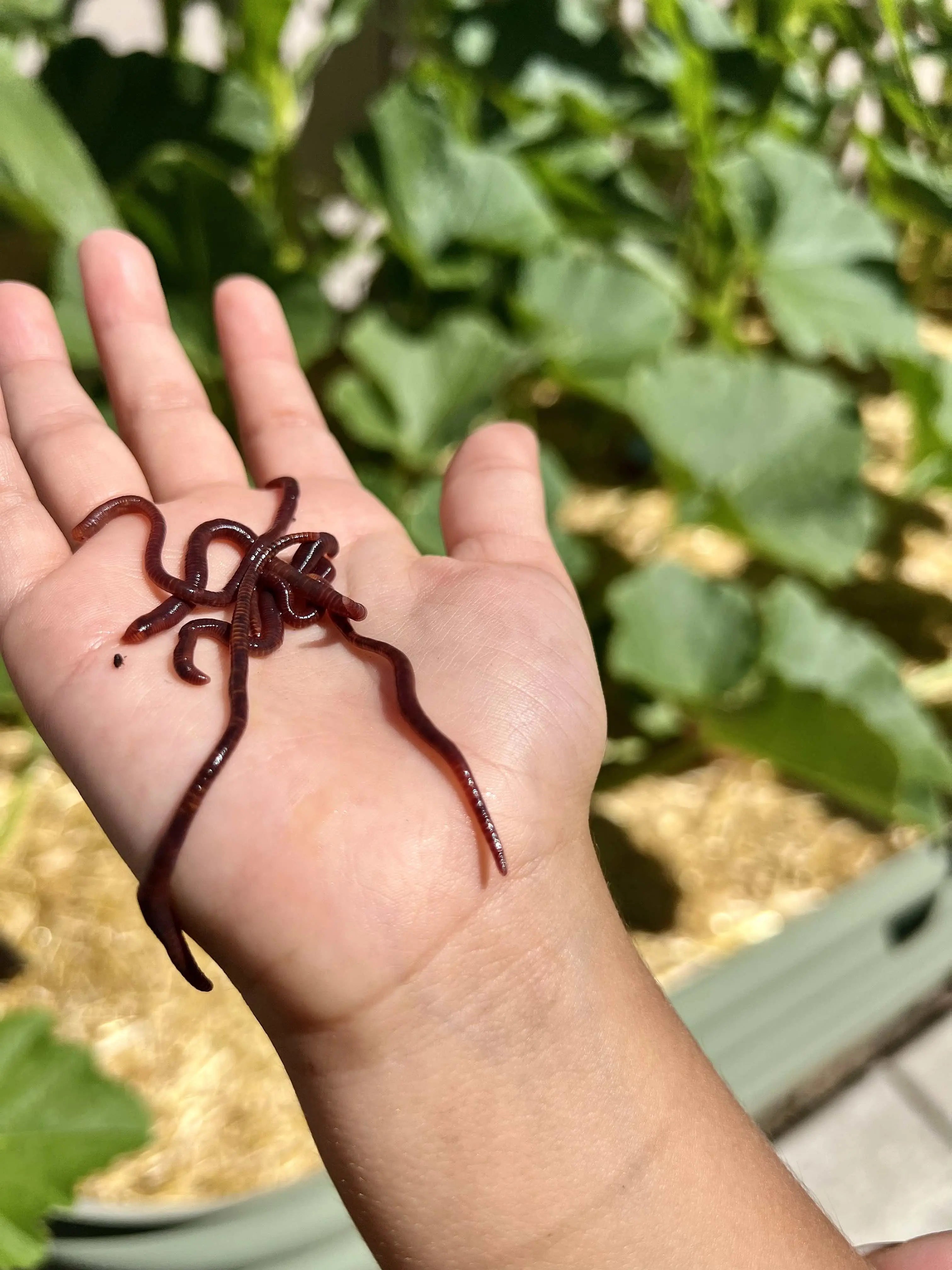Red Wiggler Worms offer for sale - Sustainable Waste Management Option
Red Wiggler Worms offer for sale - Sustainable Waste Management Option
Blog Article
Red Wiggler Worms Demystified: Unlocking the Keys of Vermiculture for Greener Living and Nutrient-Rich Soil
In the world of lasting methods for enhancing soil top quality and advertising eco-conscious living, red wiggler worms play a critical yet often forgotten function. These humble creatures possess the amazing capability to change natural waste right into nutrient-rich castings that serve as a potent all-natural fertilizer. By diving right into the world of vermiculture, one can uncover a variety of benefits that prolong much past typical composting methods. Comprehending the ins and outs of caring for these worms, maximizing their environment, and utilizing their castings can cause a greener way of living and much healthier soil for plants to grow.
The Function of Red Wiggler Worms
Red Wiggler worms play a crucial role in composting systems by effectively damaging down raw material into nutrient-rich castings. These voracious eaters eat a variety of organic products, such as cooking area scraps, lawn waste, and paper items. As they feed, the worms' digestive processes damage down the raw material right into a penalty, dark, and nutrient-dense material referred to as worm spreadings or vermicompost.
The spreadings created by Red Wiggler worms are very valuable for soil wellness and plant growth. They are abundant in crucial nutrients like potassium, phosphorus, and nitrogen, which are essential for sustaining healthy and balanced plant development. Furthermore, worm spreadings include valuable microbes and enzymes that assist enhance dirt structure, rise water retention, and enhance nutrient uptake by plants.
Advantages of Vermicomposting

It improves dirt framework, improves dirt aeration, and enhances dirt dampness retention. Vermicompost also improves the dirt with vital nutrients like nitrogen, phosphorus, and potassium, advertising plant development and general dirt fertility.
Additionally, vermicomposting supports lasting gardening methods by providing a natural and chemical-free choice to artificial fertilizers. Red Wiggler Worms. This eco-friendly strategy not only improves the soil but likewise assists minimize reliance on unsafe chemicals, promoting a greener and more lasting means of gardening
Establishing Up a Worm Container
When developing a worm bin for vermicomposting, correct configuration is crucial to make sure the success of the composting process. The initial step in setting up a worm container is selecting an appropriate container.
After adding the bedding, present the red wiggler worms to the container. The worms must after that be provided with food scraps such as fruit and veggie peels, coffee grounds, check this and eggshells.
Frequently keep an eye on the wetness levels and temperature in the worm bin to ensure optimum problems for the worms. With proper arrangement and maintenance, the worm container will successfully convert organic waste into nutrient-rich garden compost for your plants and yard.
Harvesting Worm Castings
To successfully accumulate nutrient-rich worm castings from your vermicomposting system, an organized harvesting method his comment is here is vital. When it comes time to harvest the worm castings, there are a few key steps to follow to make sure a successful process.

Troubleshooting Common Issues
Determining and attending to common obstacles that may develop during the vermicomposting procedure is essential for preserving a healthy and balanced and effective worm container. One typical problem that vermicomposters experience is overfeeding. Adding excess food scraps can result in a buildup of dampness and level of acidity in the worm bin, possibly harming the worms. To avoid this, feed the worms in small amounts, guaranteeing that the food scraps are appropriately damaged down prior to including more. One more issue is undesirable smells originating from the worm bin. Foul smells show anaerobic problems, normally brought on by overwatering or poor ventilation. To correct this, readjust the wetness levels by including completely dry bed linens materials like shredded newspaper or cardboard and rise oygenation by turning the bed linen regularly.
In addition, if the worm population is decreasing or the worms show up unhealthy, maybe because of environmental stressors such as extreme temperature levels or pH degrees. Keeping track of these factors and making required modifications is necessary for the wellness of the worms. By repairing these typical problems promptly, vermicomposters can make certain a smooth and effective vermicomposting procedure while maintaining a flourishing worm populace.

Conclusion
Finally, red wiggler worms play a crucial duty in vermiculture by breaking down raw material into nutrient-rich dirt. The benefits of vermiculture include greener living and boosted dirt high quality. Setting up a worm bin is necessary for effective vermiculture, and harvesting worm castings gives valuable compost for gardening. By comprehending and repairing typical problems, people can unlock the tricks of vermiculture for sustainable living and much healthier Discover More Here dirt.
As they feed, the worms' digestive processes damage down the organic issue into a penalty, dark, and nutrient-dense material known as worm spreadings or vermicompost.
The spreadings produced by Red Wiggler worms are very useful for dirt wellness and plant development. Including excess food scraps can lead to a buildup of moisture and level of acidity in the worm container, possibly harming the worms.In addition, if the worm population is declining or the worms appear harmful, it could be due to ecological stress factors such as extreme temperature levels or pH levels. Setting up a worm container is essential for effective vermiculture, and harvesting worm spreadings gives beneficial compost for horticulture.
Report this page